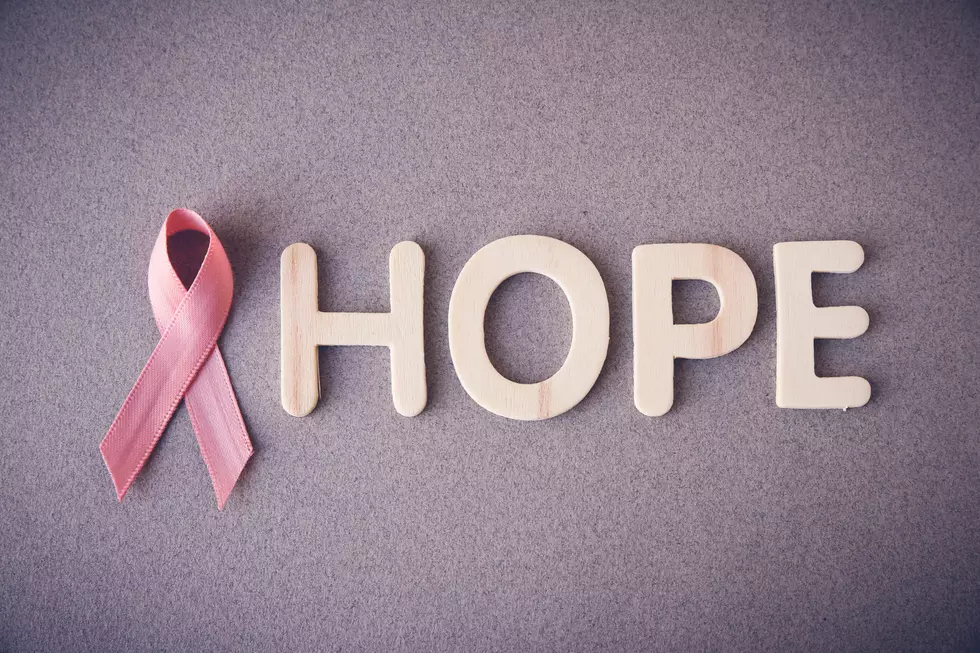![Are We Winning the War on Cancer? [SERIES]](http://townsquare.media/site/385/files/2013/06/breast-cancer1.jpg?w=980&q=75)
Are We Winning the War on Cancer? [SERIES]
This is Part I of a five-part series titled, "Winning the War on Cancer." In today's story we ask: Are we winning the war? Where do we stand in our fight against the disease?
If you've ever lost a loved one to cancer or if you've ever watched someone you care about suffer as a result of the disease, two questions have probably come to mind; Why? Where are we in the fight against cancer?
The good news is, we are making headway in the war against what was once considered a death sentence.
In 2013, about 580,350 Americans are expected to die of cancer. That is almost 1,600 people per day. Cancer is the second most common cause of death in the U.S., exceeded only by heart disease which accounts for nearly 1 of every 4 deaths.
At the same time, 13.7 million Americans with a history of cancer were alive on January 1, 2012. Some were cancer free, while others were still undergoing treatment. And, the 5-year survival rate for all cancers diagnosed between 2002 and 2008 is 68 percent. That's up from 49 percent between 1975 and 1977.
Winning the War on Cancer
"When it comes to cancer research and cancer care, we are actually winning the war on cancer," said Dr. Robert DiPaola, Director of the Cancer Institute of New Jersey, Associate Dean for Oncology Programs and Professor of Medicine and UMDNJ-Robert Wood Johnson Medical School. "Breast cancer has improved dramatically as has prostate cancer, but there are other cancers which we need to do much more for including pancreatic cancer."
The increasing survival rates reflect progress in diagnosing certain cancers at earlier stages, improvements in treatment and improvements in technology.
"We now have the ability to assess genes very rapidly in any particular patient in any particular tumor to get a better idea of the abnormalities that cause that cancer to actually become a cancer," said Dr. DiPaola. "Then we can mesh that or target it with therapeutics and targeted agents and drugs that are coming up more and more rapidly."
"We are in an era of precision medicine where we're able to better assess with technology the abnormalities or even the genes that are abnormal in a particular cancer, what was mutated and then target therapies toward them," said Dr. DiPaola.
New Jersey has gone a step further. "We've actually started a precision medicine initiative where we not only look at what's appropriate for a patient's particular cancer, but we're even going through the process of looking at the actual tumor and sequencing their genes that are abnormal in cancer," said Dr. DiPaola. "We find the specific abnormalities in the tumor and we find agents or drugs that can specifically target those abnormalities."
"Right now, most patients that are coming in our doors are cured of their cancer with standard therapies," said Dr. DiPaola. "Many of those therapies include very effective local therapies like surgery or radiation with additional therapeutic agents, which are continuously evolving."
MORE:
More From New Jersey 101.5 FM









